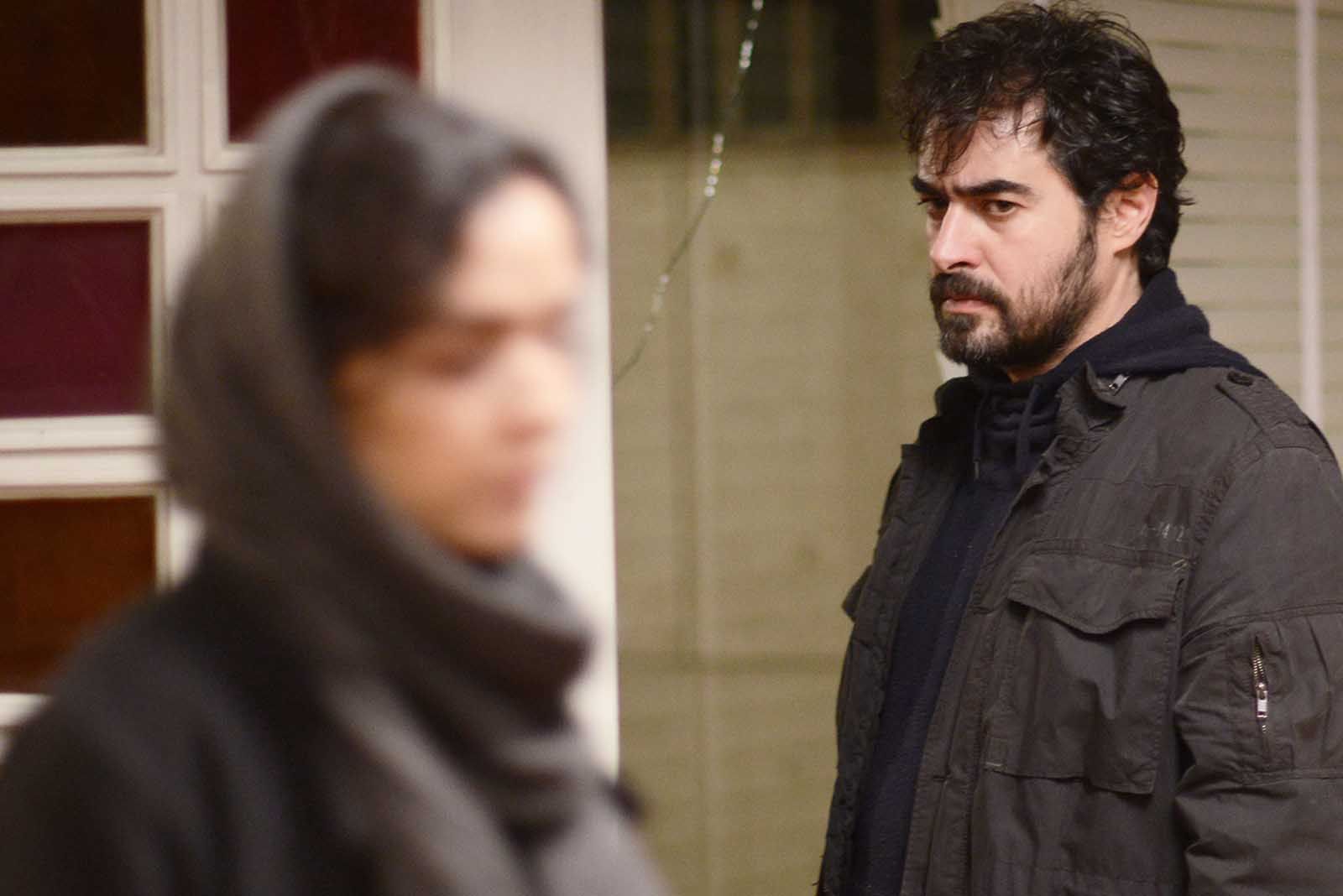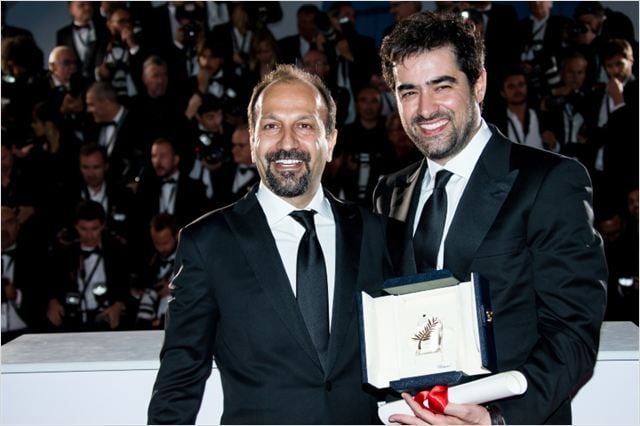Award for the best screenplay and best actor at the Cannes film Festival 2016, The Client is a shock to the Croisette this year. Its director, Asghar Farhadi, returns on the genesis of his latest masterpiece.
AlloCiné : The scenario of your film, The Client, is very finely tinkered. How you came ? A particular event you does he bring ?
Asghar Farhadi : It is always hard to identify the first spark that triggers you a story, because, often, when it is there, we do not know that something is about to emerge, to take shape. I had a long-standing desire to stage an image that I had in mind, a strong image for its allegorical dimension… It was a scene from a play, diving in the darkness, illuminated by small portions, successively, during a test of light. Finally, by exposing to light each of the parts of this scene, one proceeds as in life, the reality is obscure and partial, and it is only by highlighting some of the fragments that they take it as a whole. However, it continues to ignore the rest. I carried this scene in me for a long time, as well as another idea : a family moving into an apartment whose previous tenant was a prostitute. These are bits of ideas that were grafted for each other, to finally compose this scenario.
The issue is forgiveness.
Your scenario is structured around an important question, and timely : the way of forgiveness…
I think that at the time of the writing of the script, I did not have this in mind. I just wanted to tell my story. But at the time of its execution, before writing the dialogue, something appeared to me in the evolution of the characters. The issue is forgiveness. Since the request for forgiveness comes quite early before the fatal outcome, and if the protagonists had agreed to forgive each time the opportunity was presented, the outcome would not have been the same. It is the rejection of forgiveness that seals the fate of the film. I realized that it was a very thought-provoking and important, something quite fundamental as well on the individual as on the collective plan. Have the courage, the audacity and the greatness to forgive, it can change the destiny of the beings and of the world. Even when a group of people does violence to another group, what is its capacity to forgive, to wipe the slate clean and move forward ? It is actually quite rare, in the history of mankind
It is also a sensitive issue for the believers of the whole world, regardless of their religion !
You’re right : it is fundamental in all religions. In christianity, the principle of the confession assumes that we are asked for forgiveness. It is a matter of asking the words on the sin, which gives you access to the concept of forgiveness. Similarly, in Islam, the first sentence that opens the Qur’an is : “in The name of God, the compassionate, the merciful”. So, if there is question of mercy, and if God be thus present, how is it that his followers have more difficulty to recognize this mercy, and to do the proof ?

Your film opens on a scene amazing. Can you we entrust the secrets of the trade ?
This plan is made in rather difficult circumstances because at the very beginning of the shoot, my sound engineer, who was someone very close and with whom I had worked a lot, died. It was a great shock to us all. It was necessary to suspend the shooting for ten days. When we came back, death in the soul, to continue the movie, the first sequence that we had to turn, this was it. We were all extremely affected, of course. We had a lot of trouble to go back to work in his absence. Traditionally, before you say “engine”, I began by saying “his”. While the tea was waiting I run to this signal, and I respond with “that’s good”. But I had to start otherwise, I couldn’t bring myself to it without him. So we turned this plan with difficulty, but finally a kind of magic has operated, and, in a couple of takes ago, the plan was in the box. It’s part of the good surprises mysterious of this shoot.
I want to propose a clearer image of Iran, pointing out that one film alone cannot ever represent an entire country
beyond The stories that you tell, your films paint a portrait of the iranian society in its current state.
I realized at a certain point in my career. Initially, this was not the case. Since I’m realizing, it became a heavy responsibility, and I am forced to assume it. When I make films, I make sure that they do not provide false information about my country in as far as I know spectators from around the world come to see them with prejudices, preconceived ideas that result in information for as many as schematic and superficial conveyed by the media, or small quick searches on Google. A lot of people come to the cinema to see to confirm this information. Me, I make sure not to get into this game and to say nothing of being too general, or that may lead to these amalgams, that, sometimes, we just look to the cinema. I want to propose a clearer image of Iran, while specifying – as I do every time – that a film alone can never represent a whole country or a population. It can – at best – to say something of a small part of a small group of people who resemble the characters of the story.

You’re at the Cannes film Festival for the second time in official competition. It is important for you artistically ? Personally ? Politically ?
As any filmmaker in the world, I am happy to be here and I appreciate the importance of my presence here. First of all, because when your film is in Cannes, it gives her a springboard of exposure and publicity which is comparable to nothing else. Immediately, a lot of people aware of your name and the title of your film. They also become curious to see it. Nothing else can you ensure such visibility. Also, personally, it is a rather different experience. Sometimes, I came to Cannes without having a film in competition. In these cases, I appreciate a lot to meet people, to see the films. When one is in the competition, the experience is different. You really don’t have the same quality of presence here. It may be a little less friendly, but it’s still extremely important, and I am very happy to be part of the competition.
interview by Gauthier Jurgensen on may 21, 2016 at Cannes
the trailer for The Customer to Asghar Farhadi
No comments:
Post a Comment